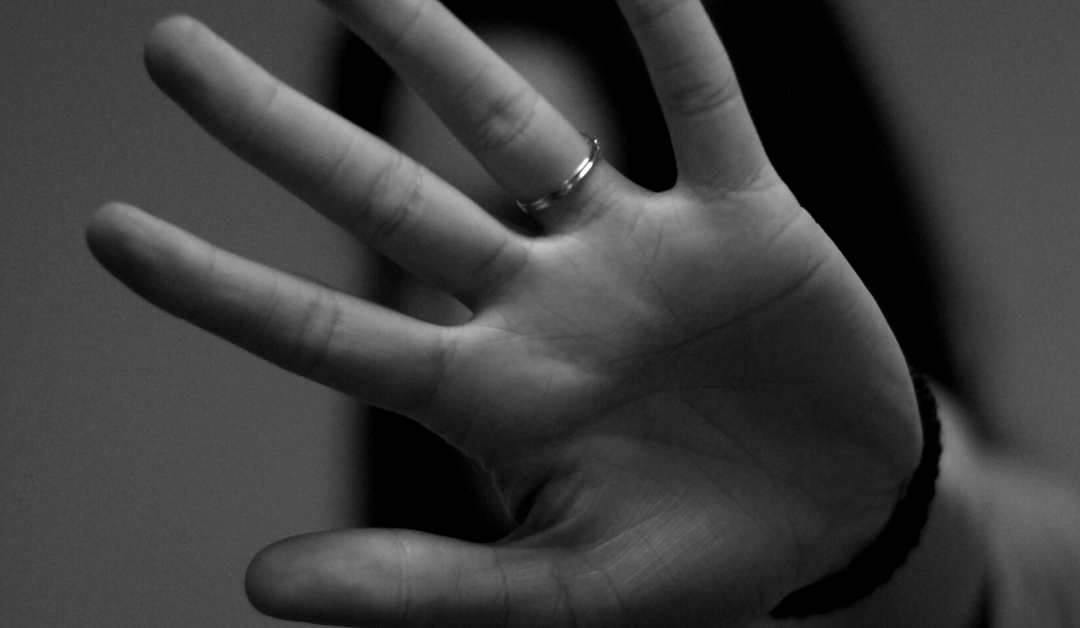In viewing the news, it amazes me to see the amount of name-calling, mocking, and other devaluing behaviors demonstrated by “mature” adults. The judgments spewed out towards people who are different from them, who have opinions that disagree with theirs, and who reflect qualities they seem to dislike. Then I consider that some of those same adults turn around and say we need to stop school students from bullying each other. Why would they? Look at the adults – parents, employers, leaders – who are their “role models”.
I have a personal reaction when I see the name-calling, mocking, and other behaviors demonstrated in light of the bullying I experienced over numerous years growing up. I know the impact it has had on my physical health, relationships, career success, and my sense of self. It makes me angry, sad, and frustrated, among a myriad of other emotions. Then I am reminded of the transformational work I have experienced, studied, and now share with my clients and how “bullying” behaviors are typically a reflection of the way those individuals feel about themselves.
Consider for a moment your own personal reaction when:
- Someone calls you a liar? Do you own it, knowing that everyone lies at some point in their life (think of the young child home alone when the phone rings and they are asked “are your parents at home”?) Do you know for a fact that you are speaking the truth and wonder why the other person doubts you? Or do you flat out reject the assessment and say, “I never lie”.
- How about when you receive feedback that a project you completed didn’t pass an internal review? Do you own up to the fact that maybe you did something incorrectly? Do you listen to the feedback with an open mind? Or do you totally reject that you could have done anything wrong and call out the other person for the poor quality of their review?
On the flip side, maybe you react more strongly when considering all your positive, amazing, wonderful qualities. What happens when:
- A colleague congratulates you on a presentation or project that was brilliant? Can you be with the word brilliant or do you downplay your success? Maybe you fully own your brilliance and politely say thank you. Or maybe your response is more aligned with the sentiment – “of course it was brilliant, I did it”.
- A positive quality is mentioned about you and to you? What happens when you stand in front of the mirror and state – I am smart, I am successful, I am pretty? My own personal example came during a coach training where several people called me sweet. It took me a long time to believe that was possible.
The above examples and others remind me of a quote repeated often by the late Debbie Ford whose programs I studied – “What you can’t be with, won’t let you be”. In times of change, uncertainty and fear that may be even more true.
When you look out in the world and see people who appear to be different than you, how do you respond? Do you start name-calling, mocking, blaming, or finger-pointing? If yes, consider standing in front of the mirror and saying those same things to yourself? How does it make you feel? Have you considered what drives you to treat others in that way?
Having trouble owning all of who you are or re-defining yourself in this time of change and uncertainty? Please consider how one of the integrative coaching programs I offer could be of benefit.
2020 © Systems of Change, LLC


As always, I love reading your blogs. I related to this …..in both ways. I have done both in my life. In today I would hope I am less reactive to defending myself and owning my shortcomings. Thank you.
Thanks for reading and commenting. I appreciate how you use my blogs to reflect and grow.